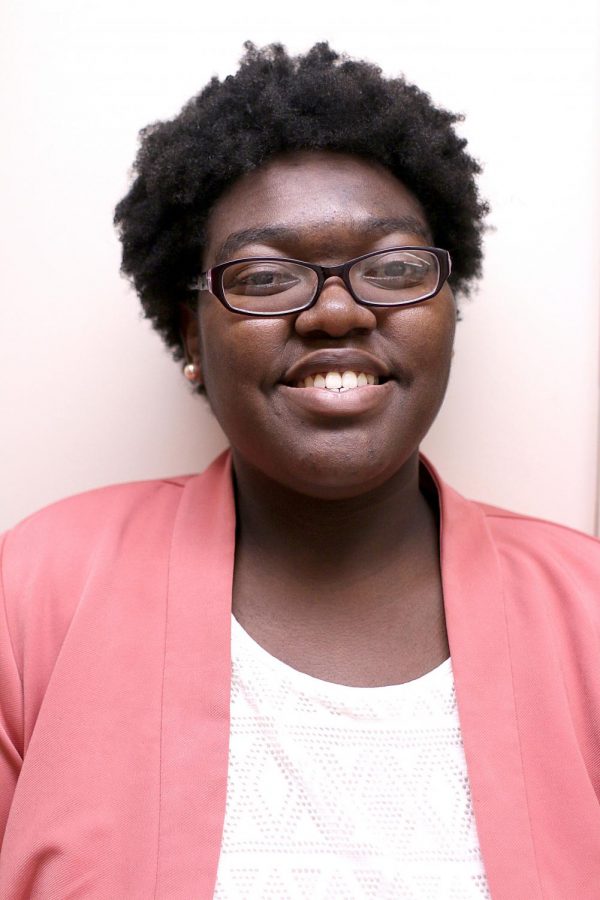Self-education remains necessary
January 13, 2017
College students have already decided to further their education by choosing to continue after surviving elementary, middle and high school. But, there is another educational institution that is just as important: your brain.
Often, college students or high school grads mention things they wish they had learned before leaving home, such as how to pay taxes, what a mortgage is and how it works, how to write resumes and cover letters or how to manage bank accounts.
These statements usually come when realizing that, unless they are math or science majors, they no longer need to know how to graph parabolas or balance chemical equations.
In fact, a 2015 study by the organization YouthTruth showed less than half of high school students in the U.S. feel prepared for future careers or college based on what they learn in the classroom.
This statistic is disappointing because if students don’t feel adequately prepared to move on from high school, how will they successfully do so?
Another area in which many feel undereducated is the history of minority figures throughout the U.S. For example, after watching films like “Hidden Figures” (see p. 8), the question arises, “Why did we never learn about these African-American women engineers and mathematicians when we studied the Space Race?”
Questions like that come often from entertainment since there are more films now than ever focusing on those whose stories were never taught but should have been, from “Malcom X” released in 1992 to a more modern “The Birth of a Nation” last year.
This has also lead to films now that will document what future students might not learn in class, such as Disney’s “Queen of Katwe” or Netflix’s “Barry.”
These discoveries may lead to the belief that the U.S. school systems are failing to educate in practicality, as well as history, and this may be true. But that should fuel individuals to take their education into their own hands.
Many resources are available to learn more about a certain topic, and while not learning in the past lies with the school, not learning now lies with us.
So, if there is a topic that is personally important, such as figures who impacted a career field of interest or more practical areas like learning a new skill for an internship, set aside time for self-education.
There are tons of tools to do so, and many of them are free. From YouTube tutorials to library books or even a conversation with a professor, knowledge is everywhere, and continuing to be ignorant is a choice, not a requirement.


